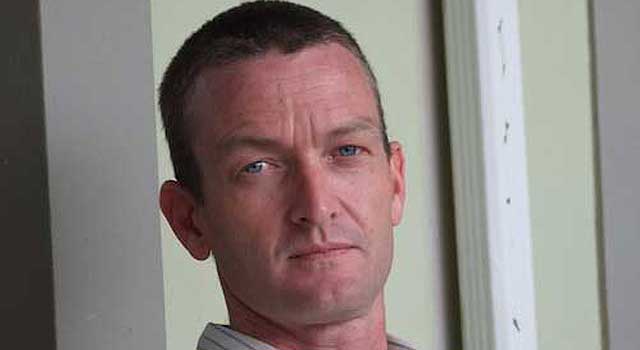
South Africa’s adoption of digital terrestrial television (DTT) should be carefully evaluated and perhaps even dumped, says an industry insider.
“Fundamentally, we need to be questioning why we’ve adopted this policy in the first place,” Internet Service Providers’ Association regulatory advisor Dominic Cull said.
He suggested that terrestrial broadcasting was not as efficient as satellite signal distribution.
“Why have we decided to distribute through terrestrial networks rather than through satellite networks, which by their very nature are far more efficient and far easier to do?”
He added that the technology to distribute TV via satellite was commonplace for South Africans.
“You simply need one satellite in geostationary orbit above South Africa and it delivers the signal to you. MultiChoice has showed us how well that works.”
Cull argued that digital video broadcasting technology would not survive long as new technologies make it redundant.
“[Digital terrestrial broadcasting standard] DVB-T2 is not expected to have a particularly long lifespan. Estimates are that by eight, nine years down the line this is not a technology that will be widely used.”
An Irish consultation paper on spectrum policy in 2005 concluded that terrestrial broadcasting technology would be valid for 20 years.
The Australian Communications and Media Authority in a discussion paper indicated that the very nature of TV is undergoing change from a content receiving to content exchange platform.
Part of the reason that South Africa is switching to digital TV is to ensure that spectrum for high-speed mobile broadband is freed up, but Cull dismissed DTT as the ideal vehicle to accomplish this.
“Yes, I do need to shift the broadcasters, but this about making the broadcasting delivery more efficient by going over to digital.
“Irrespective of whether we go terrestrial or satellite, I would be clearing that spectrum around 470MHz to 800MHz for use by international mobile telecommunications,” he added.
His view has tacit approval from mobile industry body the GSMA, which argued that technology for mobile broadband should not be specific.
“4G is a technology, similar to 2G and 3G, but I don’t think we should focus so much on the specific technology. We should focus more on what we’re going to do with that technology,” said Mortimer Hope, director of spectrum and public policy in Africa at the GSMA.
The move to DTT has also been marred by an e.tv lawsuit against communications minister Faith Muthambi over control of set top boxes. The broadcaster ultimately lost that legal battle, but said that it was ready to move to DTT.
Cull suggested that it was more simple and cost effective to migrate broadcast services to satellite.
“The question is why are we spending so much time and effort, so much time in court, so much bitter argument, so many delays when there are better ways to do it?” — Fin24

